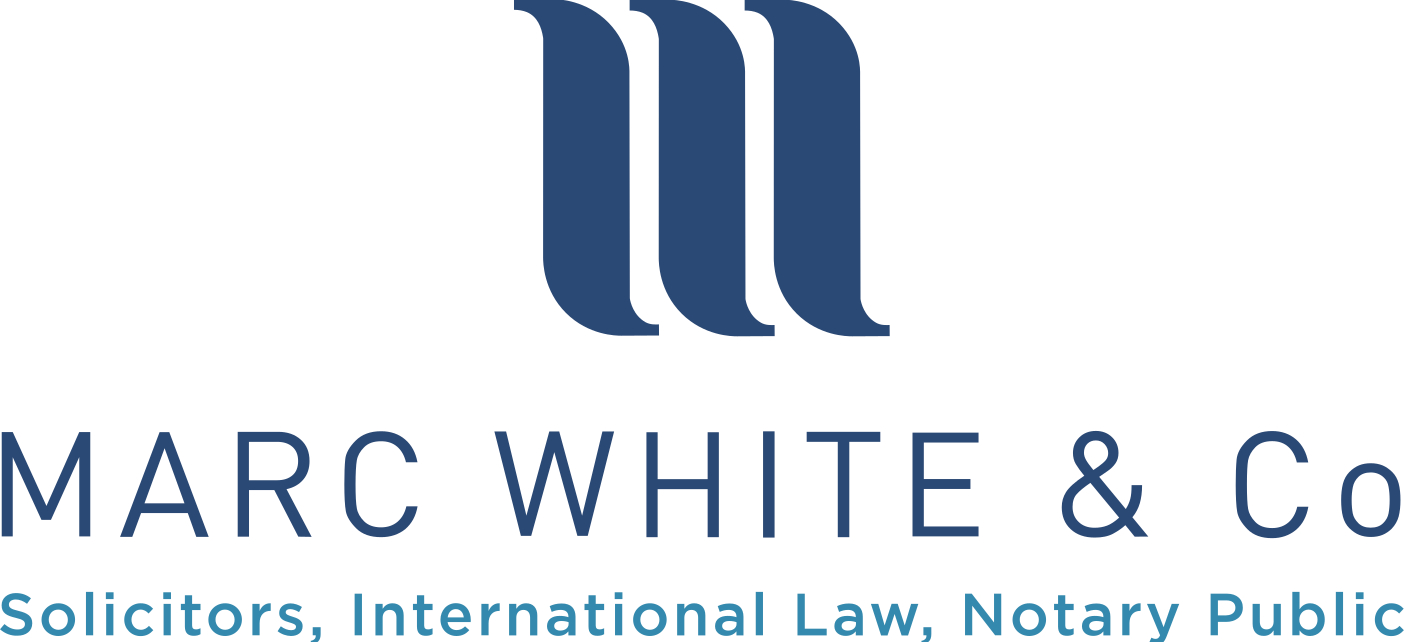Buying property in France remains a popular choice for many UK buyers seeking a holiday home, retirement retreat, or investment opportunity. However, buying in a foreign country involves navigating legal frameworks that differ considerably from the UK. French law governs property transactions in ways that can be unfamiliar and complex. For this reason, seeking advice from experienced French lawyers and solicitors is essential to avoid costly mistakes and ensure a smooth purchase.
Understanding The Role of French Lawyers and Solicitors
The French property buying process is overseen by the Notaire, a public official responsible for preparing official documents, verifying legal compliance, and registering the sale. Unlike the UK, where solicitors usually represent the buyer or seller exclusively, the Notaire can act for both parties. French solicitors offer impartial legal advice that complements the Notaire’s role.
Engaging a French solicitor early in the process helps clarify your legal rights and obligations under French law. French solicitors specialise in areas such as property transactions, inheritance, and estate planning, and can explain key points in English to help UK buyers understand contracts and potential risks. This legal support is particularly important given the differences between UK and French legal systems.
Key Stages of a French Property Transaction
1. Preliminary Contract (Compromis or Promesse de vente)
The purchase process formally begins with the signing of the preliminary contract, known as the compromis de vente, or promesse de vente. This document outlines the main terms of the sale, including price, conditions, and timelines. It acts as a firm commitment from both buyer and seller but includes a 10-day cooling-off period during which the buyer can withdraw without penalty.
At this stage, it’s critical to have French solicitors review the contract to ensure all clauses are clear and fair, and that no unexpected conditions might affect your purchase. It is the most important document in the entire purchase process, as it will highlight any planning issues, private easements, building work and the results of the mandatory French diagnostics. Any key aspect not thoroughly investigated and negotiated at this point could well become binding on the buyer without a possibility of rectifying at a later date.
2. Legal Due Diligence and Checks
Once the preliminary contract is signed, the Notaire conducts thorough checks on the property’s title, any existing mortgages, zoning regulations, and local restrictions set out by the local authority. This investigation is a safeguard to confirm the property is free of legal encumbrances and can be transferred without issue. They will also trigger the required “pre-emption rights”, giving the local authority or agricultural board (SAFER) a right of first refusal over the property.
Working alongside the Notaire, your French lawyer will ensure that all legal formalities comply with French law, and help you understand any obligations that come with ownership.
3. Completion and Final Deed (Acte de vente)
The final step involves signing the acte de vente before the Notaire. This document legally transfers ownership and must be signed in person or by proxy. Upon completion, the buyer becomes the registered owner of the property under French law, with all rights and responsibilities that entails.
The Financial Implications: Taxes and fees
Beyond the purchase price, French property buyers should be aware of additional costs, which include:
- Notaire’s fees and taxes: These generally amount to between 8% and 9% of the purchase price for resale properties and cover administrative fees, registration duties, and local taxes payable to the government. In particular the French equivalent to stamp duty went up in most areas of France in Spring 2025. .
- Annual property taxes: French property owners pay two main local taxes; taxe foncière (land tax) and taxe d’habitation (occupancy tax). These taxes vary widely depending on the property’s location and characteristics, so budgeting for them is vital. Understanding these ongoing costs is important to avoid surprises once you own the property.
- Wealth tax considerations: For high-value properties, non-resident owners may be liable for the Impôt sur la Fortune Immobilière (IFI), France’s wealth tax on real estate assets.
Exploring these financial elements with a French solicitor experienced in property taxation can ensure you are fully prepared.
Common Pitfalls for UK Buyers
Many UK buyers underestimate the complexities of French property law, resulting in issues such as:
- Inheritance law complications: French forced heirship rules dictate how estates must be distributed, often conflicting with UK wills. Without specific planning, your French property may be subject to these automatic inheritance rules, potentially disregarding your wishes.
- Matrimonial property regimes: Unlike in the UK, where joint ownership often provides protection, French matrimonial property laws affect ownership rights differently. Understanding these regimes and whether they apply to you is crucial to protect your investment, especially for couples.
- Overlooking additional taxes and fees: Failure to budget for notaire fees, taxes, and ongoing property taxes can create financial strain post-purchase.
- Relying solely on the Notaire for advice: While the Notaire is essential, they must remain impartial and cannot act solely in your interest. Having your own French solicitor ensures your rights and concerns are fully represented throughout the process.
How Marc White & Co can help
Navigating French property transactions with all their legal nuances demands expert guidance. Our team of experienced French lawyers and solicitors specialise in French property law and estate administration, offering clear advice tailored to UK buyers.
Whether you need assistance with contracts, tax implications, or inheritance planning, Marc White & Co can provide the confidence and clarity needed to make your French property purchase successful.
Get In Touch Today
Owning property in France is a rewarding experience but requires careful navigation of French law and its complexities. To avoid common pitfalls and make informed decisions, contact Marc White & Co today for expert legal support tailored specifically to UK buyers.


